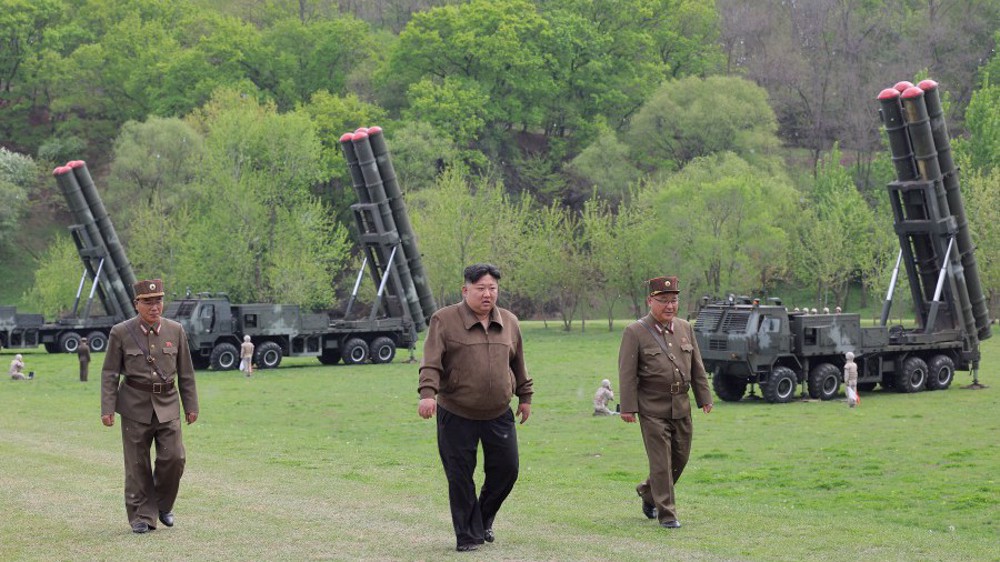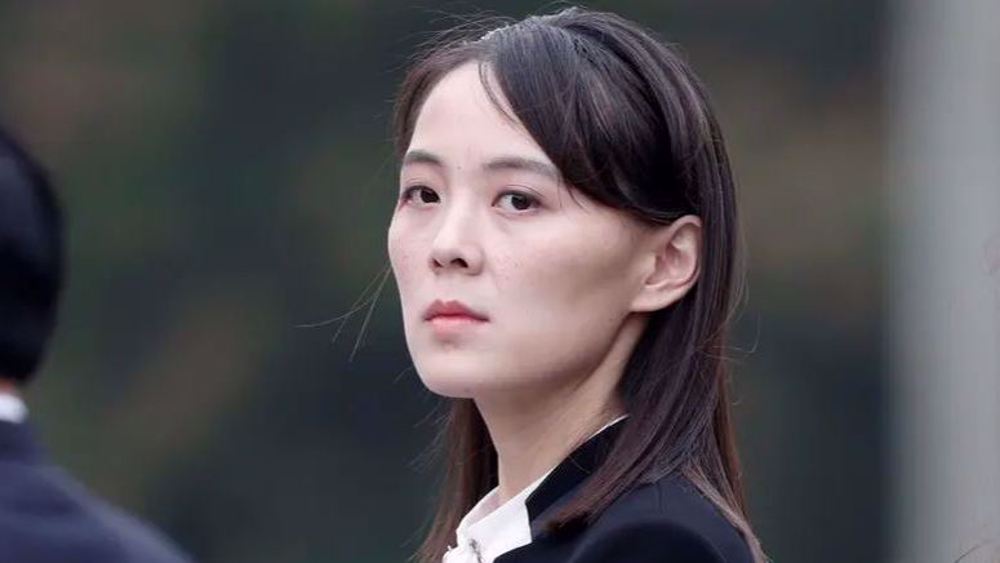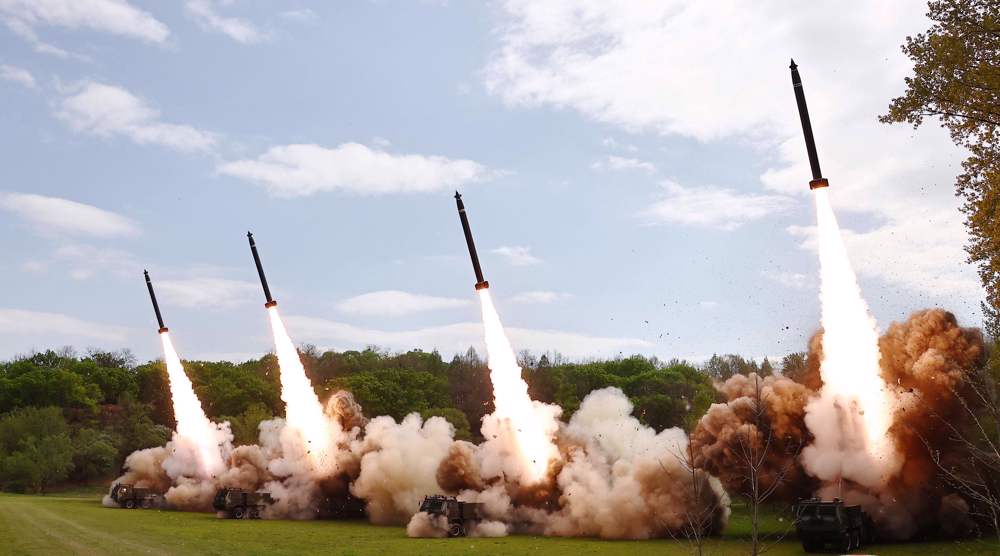Russia, China warn against US missile system deployment in South Korea
Russia and China have warned against a possible deployment of an advanced US missile system in the volatile Korean Peninsula allegedly to counter potential threats from Pyongyang.
Russian Foreign Minister Sergei Lavrov said during a Friday joint press conference with his visiting Chinese counterpart Wang Yi that North Korea’s missile tests should not become a pretext for the US to deploy the Terminal High Altitude Area Defense (THAAD) system in South Korea.
“We are going to expose the absolutely invalid nature of such plans, which undermine global [military] parity and strategic stability,” Lavrov said.
“We believe it to be essential not to shelter behind the excuse that this [deployment] is taking place because of the North Korean reckless ventures,” he noted, adding that such plans exceed “all imaginable” threats from Pyongyang.
The Chinese foreign minister, for his turn, emphasized that the two sides share a strongly negative attitude toward the planned deployment.
“We stand firmly against the deployment of the THAAD missile defense system to South Korea under the pretext of the nuclear issue on the Korean Peninsula,” Wang said. “We believe this to be directly damaging to Russian and Chinese strategic security.”
He further noted that the deployment goes “beyond the defense requirements in the region, violate the strategic balance and would lead to a new arms race.”
South Korea and the US are discussing details of the possible deployment during talks in Seoul.

During the Friday news conference, Lavrov and Wang supported the denuclearization of the Korean Peninsula and the resumption of the Six-Party Talks on North Korea's nuclear program.
“We expect North Korea to make reasonable conclusions and … return, after all, to the negotiation table within the framework of the joint declaration of the six-party participants made on September 19, 2005,” Lavrov said.
China and Russia “will continue to make efforts on realizing denuclearization in the peninsula and peace in the Northeast Asia region," Wang echoed.
The Six-Party Talks, involving China, Japan, North Korea, Russia, South Korea, and the US, were held intermittently from 2003 to 2009, when Pyongyang walked away from the negotiations.
North Korea declared itself a nuclear power in 2005 and carried out four nuclear weapon tests in 2006, 2009, 2013 and 2016. It also launched a rocket on February 7, which some countries believe was a disguised ballistic missile test.
In response, the UN Security Council passed its harshest sanctions against Pyongyang, drafted by the US, on March 2.
The adoption of the new embargo prompted North Korea’s leader to order the country’s nuclear arsenal to be prepared for use at any time and the military to be in “pre-emptive attack” mode over growing threats from enemies.
The Korean Peninsula has been locked in a cycle of military rhetoric since the Korean War, which lasted from 1950 to 1953. No peace deal has been signed since then, meaning that Pyongyang and Seoul remain technically at war.
Israeli plane previously used by Mossad officials lands in Riyadh: Report
US police clear another pro-Palestinian encampment
VIDEO | Global anti-Israeli sentiment
UK forces may be deployed in Gaza under guise of aid delivery: Report
VIDEO | Afghan population endures impact of stringent US sanctions
VIDEO | Pro-Palestinian protesters march on US, Israeli embassies in Seoul
Lebanon’s Hezbollah launches drone, missile attacks against Israel
VIDEO | Gaza: Global fightback














 This makes it easy to access the Press TV website
This makes it easy to access the Press TV website